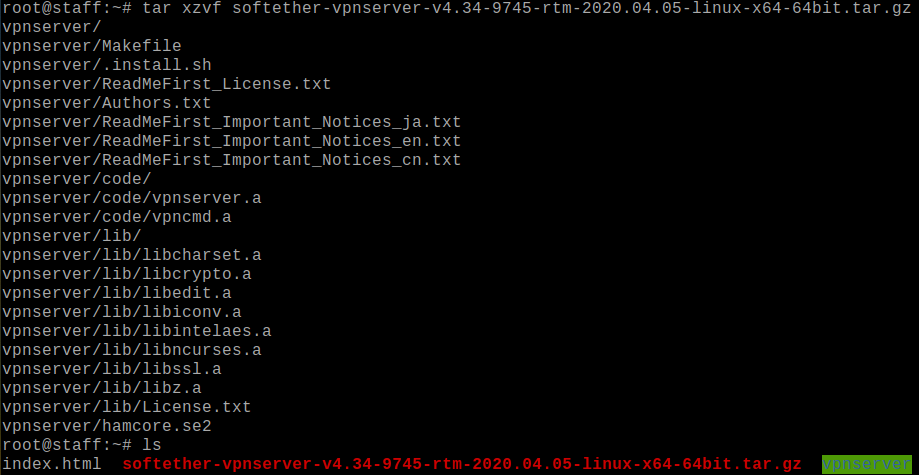


Next, you need to set up a VPN client, for desktops or laptops with a graphical user interface, refer to this guide: How To Setup an L2TP/Ipsec VPN Client on Linux. Once the installation is complete, the VPN details will be displayed as shown in the following screenshot. Then it downloads, compiles and installs Libreswan from source, enables and starts the necessary services. The main packages that will be installed are bind-utils, net-tools, bison, flex, gcc, libcap-ng-devel, libcurl-devel, libselinux-devel, nspr-devel, nss-devel, pam-devel, xl2tpd, iptables-services, systemd-devel, fipscheck-devel, libevent-devel, and fail2ban(to protect SSH), and their respective dependencies. # wget -O vpnsetup.sh & VPN_IPSEC_PSK=' KvLjedUkNzo5gBH72SqkOA=' VPN_USER=' tecmint' VPN_PASSWORD=' 8DbDiPpGbcr4wQ=' sudo sh vpnsetup.sh # wget -O vpnsetup.sh & VPN_IPSEC_PSK=' KvLjedUkNzo5gBH72SqkOA=' VPN_USER=' tecmint' VPN_PASSWORD=' 8DbDiPpGbcr4wQ=' sh vpnsetup.sh

VPN_IPSEC_PSK – Your IPsec pre-shared key.Next, set these generated values as described in the following command all values MUST be placed inside ‘ single quotes‘ as shown. However, if you want to use your own credentials, first you need to generate a strong password and PSK as shown. By default, the script will generate random VPN credentials ( pre-shared key, VPN username, and password) for you and display them at the end of the installation. The offering also includes scripts to add or delete VPN users, upgrade the VPN installation and much more.įirst, log into your VPS via SSH, then run the appropriate commands for your distribution to set up the VPN server. To set up the VPN server, we will use a wonderful collection of shell scripts created by Lin Song, that installs Libreswan as the IPsec server, and xl2tpd as the L2TP provider. Setting Up IPsec/L2TP VPN Server in Linux A fresh CentOS/RHEL or Ubuntu/Debian VPS ( Virtual Private Server) from any provider such as Linode.In this article, you will learn how to quickly and automatically set up your own IPsec/L2TP VPN server in CentOS/RHEL, Ubuntu, and Debian Linux distributions. Not to mention, VPN also helps you to browse the internet anonymously. There are so many benefits of using a VPN (Virtual Private Network), some of which include keeping you safe on the internet by encrypting your traffic and helping you to access blocked content/sites/web applications from anywhere.


 0 kommentar(er)
0 kommentar(er)
